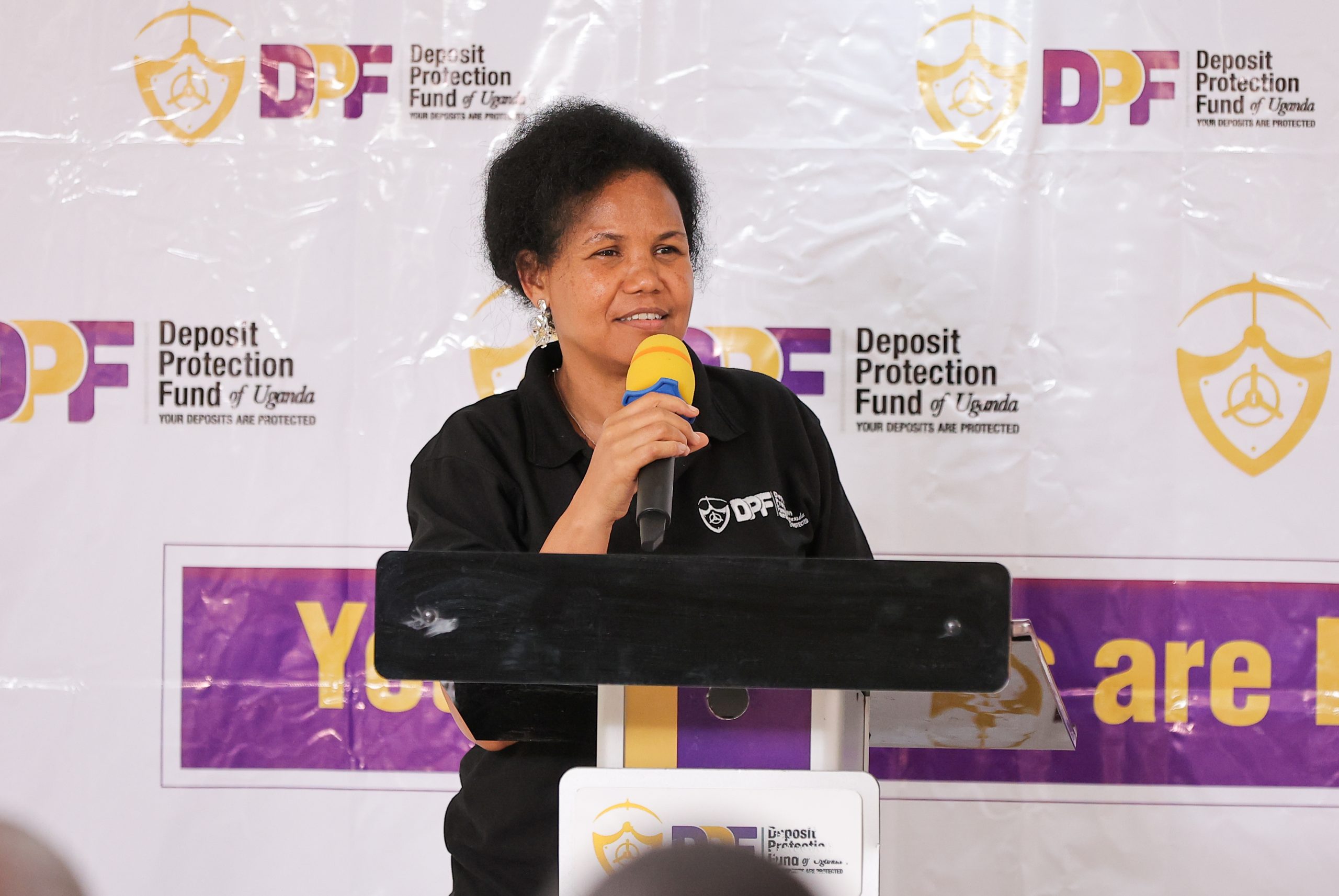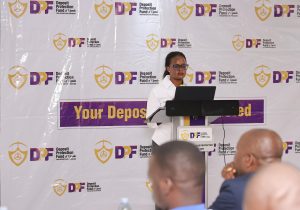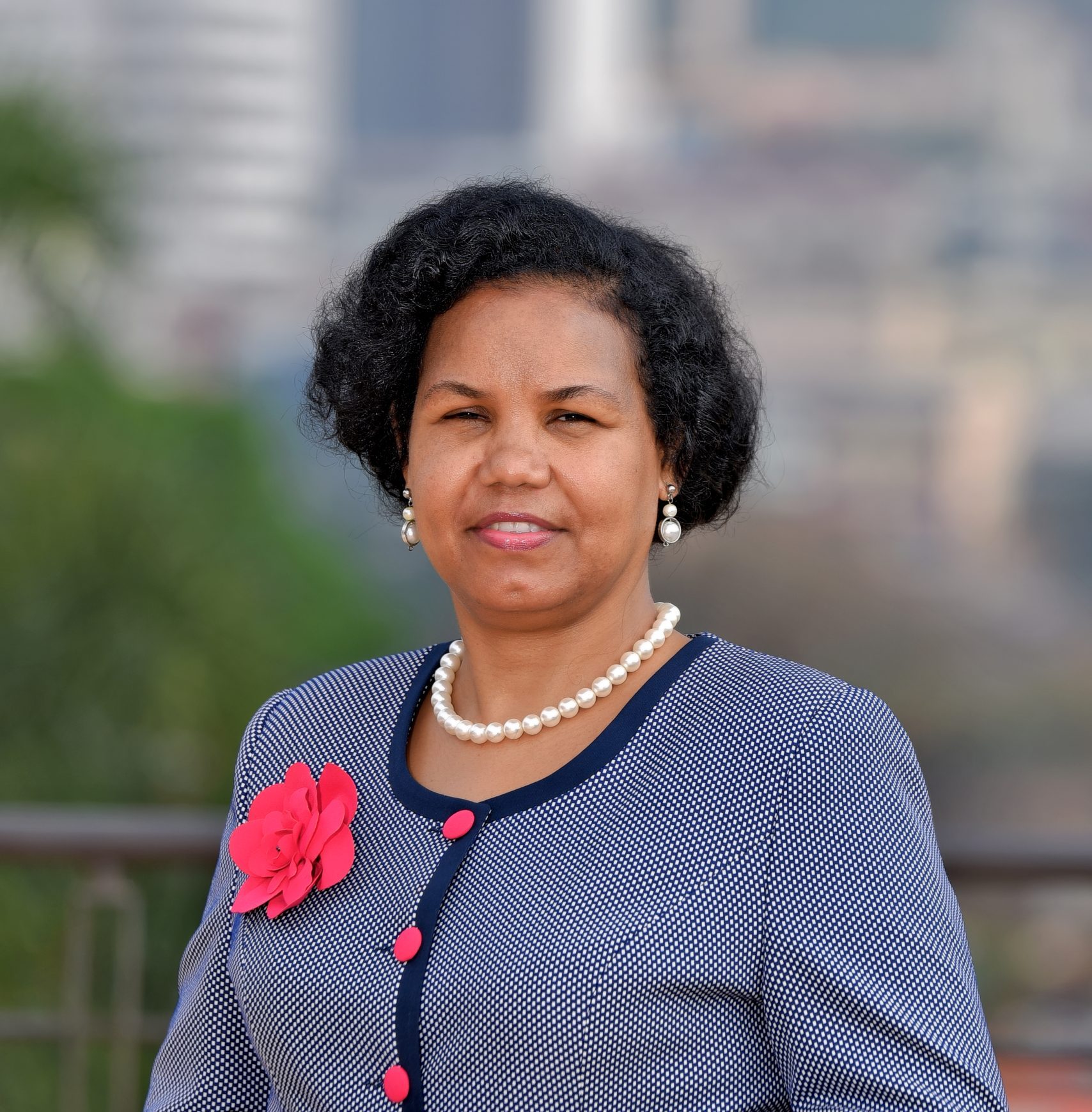
The Deposit Protection Fund of Uganda holds Townhall meeting in Gulu City to boost public awareness
The Deposit Protection Fund of Uganda (DPF) convened a townhall meeting on 14th and 15th, May 2025 in Gulu City, bringing together members of the public, financial sector stakeholders, and local leaders for a direct engagement. aimed at creating and enhancing awareness about the Fund’s role and mandate.
Held at Bomah Hotel in Gulu City, the meeting forms part of DPF’s countrywide public awareness campaign to create and enhance awareness about its mandate and operations. Participants from the Acholi sub-region were drawn from Gulu City and the neighbouring districts of Amuru, Omoro, Nwoya, Kitgum, Lamwo, Kitgum, Pader, Gulu and Agago.
Ms. Roy Nambogo, Chairperson of the Corporate Governance and Human Capital Committee of the DPF Board represented the Board Chairman. Having conveyed the Chairman’s appreciation to the participants for sparing time to attend the meeting Ms. Nambogo delivered a presentation on the role of the Fund.

Speaking at the event, DPF Chief Executive Officer Dr. Julia Clare Olima Oyet (Mrs.) emphasized the importance of bridging the knowledge gap between the Fund and the public. “This townhall provides an important opportunity for us to listen to the Fund’s stakeholders and to clarify how deposit protection works,” she said. She further informed participants that following the closure of EFC Uganda Ltd and Mercantile Credit Bank by Bank of Uganda, the had managed to start reimbursing depositors in an average of seven days.

Participants had the opportunity to ask questions, share feedback, and gain insights into how the DPF operates, including the coverage limits, its member institutions, and the claims process in the event of a bank failure, among others. While responding to participants’ questions, every speaker emphasized that deposit insurance was put in place to safeguard the interests of depositors, especially the unsophisticated ones. Currently, the Fund guarantees depositors of closed Contributing Institutions UGX 10m. Mrs. Angella Kiryabwire Kanyima – the Director Legal and Board Secretary explained that depositors with balances above UGX 10m at the time a licensed financial institution is closed, would be paid the difference from the proceeds of the liquidation process, after deducting any due obligations and in accordance with the terms and conditions provided.

On his part, the Director Communication, Mr. Patrick Ezaga emphasized the importance of transparency and public trust in the financial system and thus informed participants that the Fund was committed to ensuring that depositors and by extension, the public, understood its role. He noted that, “as part of the public awareness initiatives, the Fund has plans to produce information materials that are translated into local languages for ease of comprehension”. To this end, the DPF song and animated video is now available in the five local languages of Luganda, Lugbara, Runyakore, Acholi and Ateso.

Participants welcomed the initiative, describing it as timely and informative. “I have heard about DPF on radio adverts. This is the first time many of us are getting to interact with the DPF officials face-to-face and I am happy that they have come to share financial literacy and deposit protection messages with us”, said a participant.
The Deposit Protection Fund of Uganda is a government institution established to provide deposit insurance to depositors in regulated financial institutions. The townhall in Gulu is part of a wider strategy by the Fund to increase visibility and awareness, particularly in upcountry regions where financial literacy remains low.
In her closing remarks, Dr. Julia Oyet appealed to participants to spread the deposit protection message and urged them to ensure that they updated their personal details with their respective banking institutions since it was necessary to foster an efficient payout process in the event of a bank closure. She further advised them to always seek information regarding performance of regulated banking institutions from credible sources and to avoid rumours since these can be detrimental to the health of an institution.




